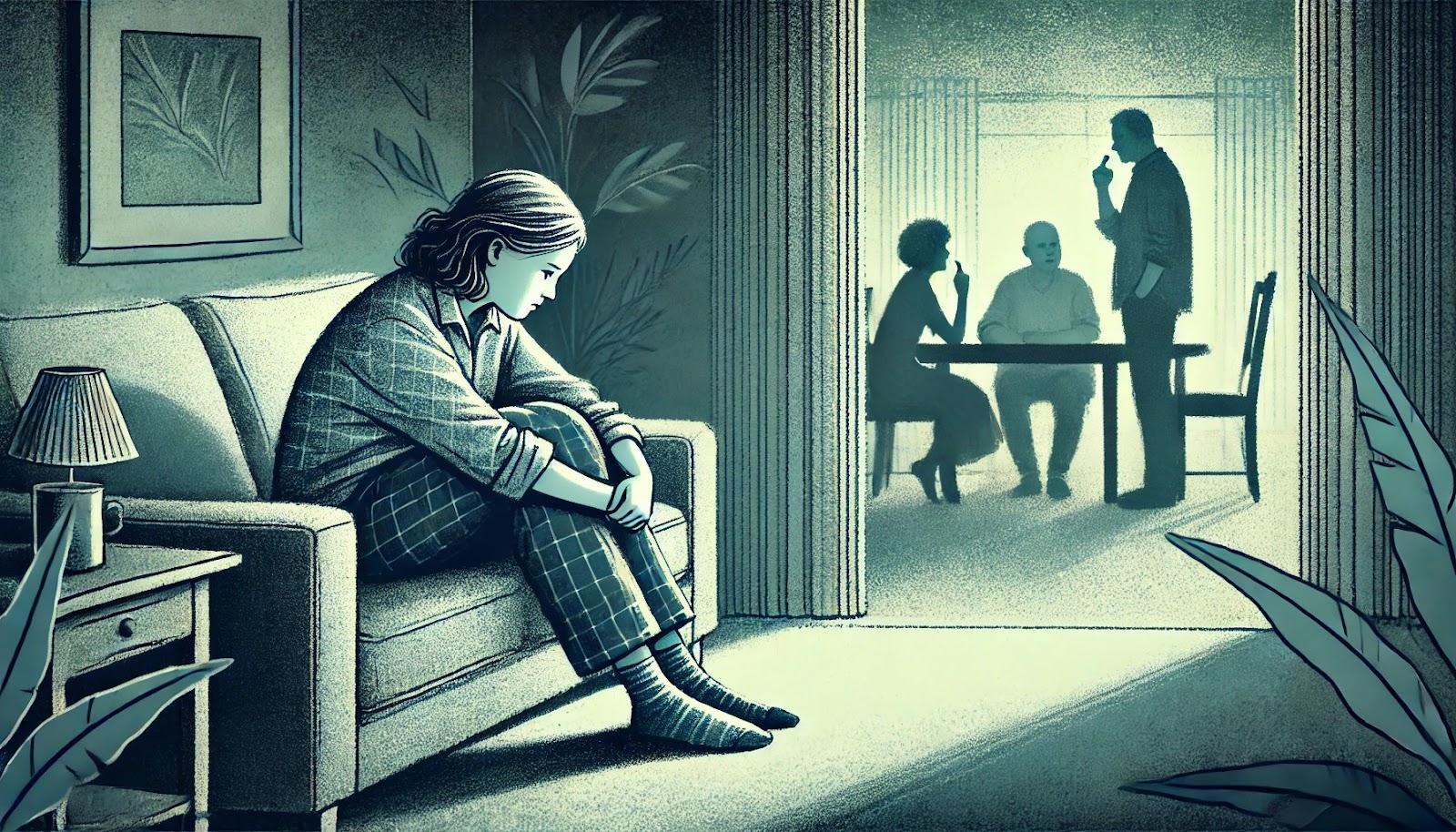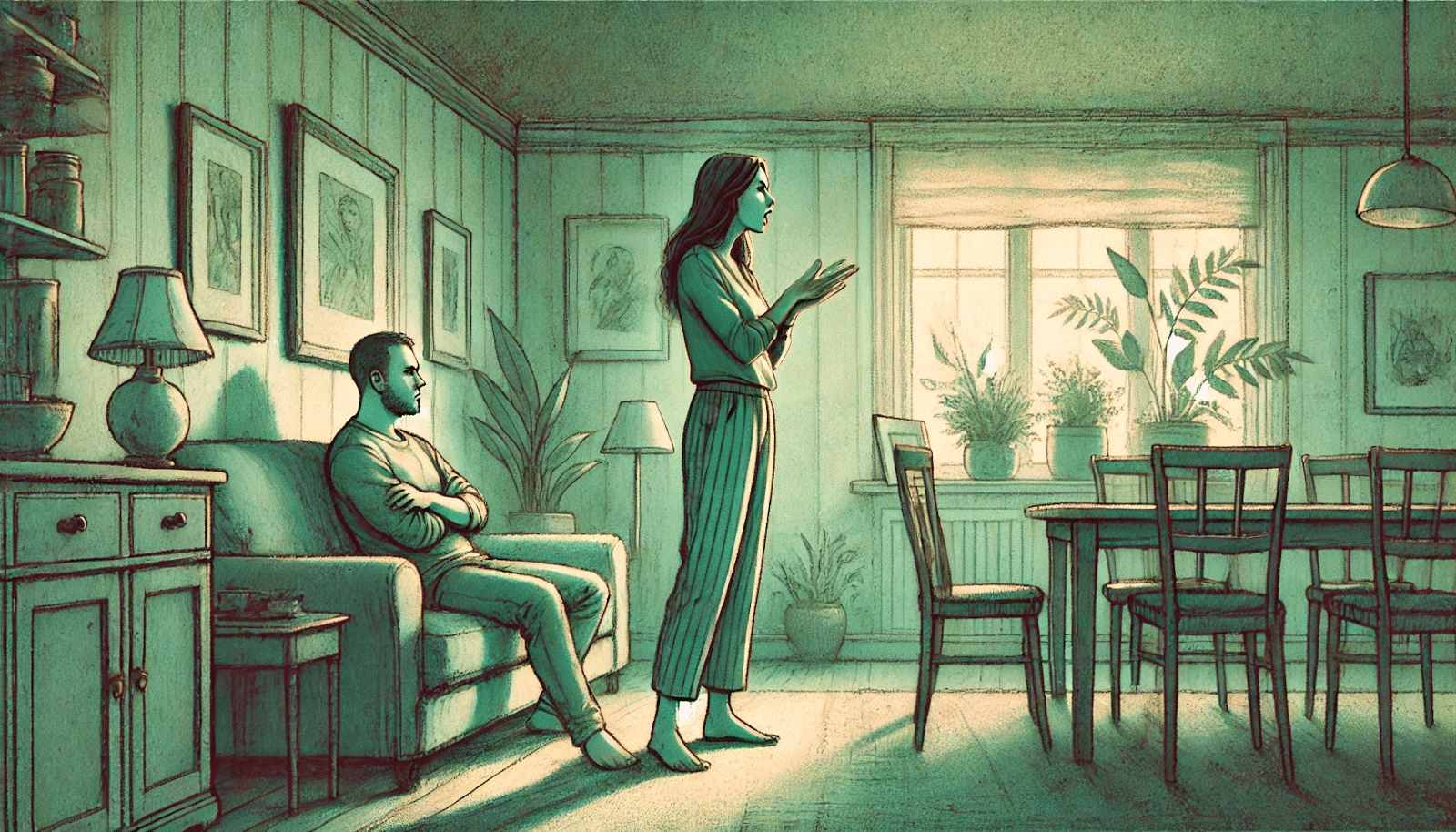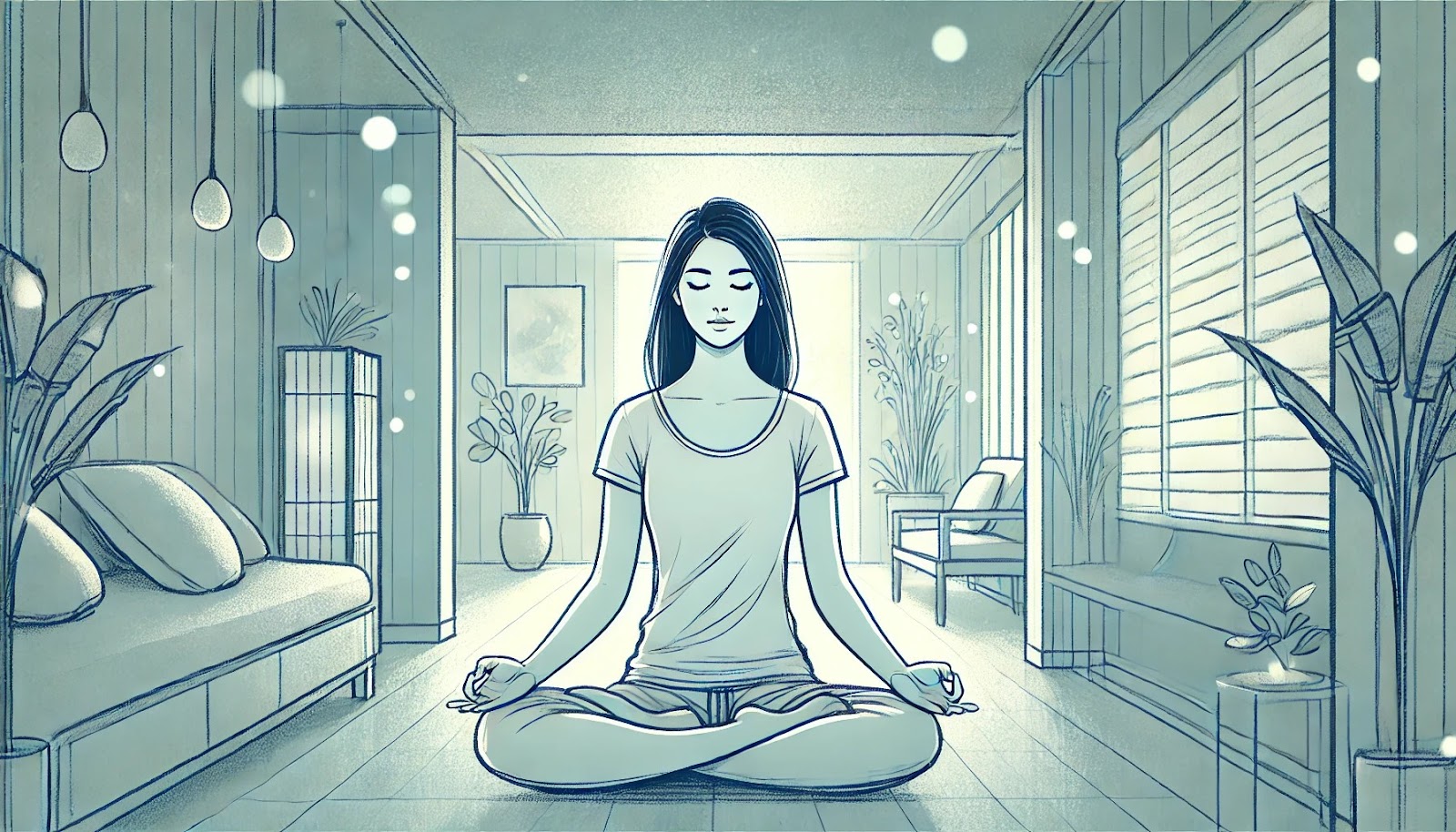Key Takeaways
- Depression relapse can occur even after a period of feeling better – recognizing symptoms early is key to managing them effectively.
- Common symptoms include social withdrawal, changes in sleep patterns, irritability, and feelings of self-loathing.
- Triggers such as stress and lack of support can increase the risk of relapse.
- Maintaining a treatment plan and building a support network are crucial for prevention.
- A Mission For Michael (AMFM) provides comprehensive depression treatment that blends traditional and alternative therapies at multiple locations across California, Minnesota, and Virginia.
Depression Relapse Overview
Depression relapse refers to the return of depressive symptoms after a period of improvement. It’s a common occurrence for many who have battled depression, often appearing unexpectedly. Understanding what a relapse entails can help you manage your mental health more effectively.
Impact on Individuals
Founded in 2010, A Mission For Michael (AMFM) offers specialized mental health care across California, Minnesota, and Virginia. Our accredited facilities provide residential and outpatient programs, utilizing evidence-based therapies such as CBT, DBT, and EMDR.
Our dedicated team of licensed professionals ensures every client receives the best care possible, supported by accreditation from The Joint Commission. We are committed to safety and personalized treatment plans.
Common Symptoms of Depression Relapse
Social Withdrawal

You might find yourself avoiding friends and family, preferring isolation over interaction. This isn’t just about wanting some alone time; it’s a deeper disconnection from those around you.
When social withdrawal becomes apparent, it can lead to a vicious cycle. The more you isolate, the more disconnected you feel, which can worsen depressive feelings. Recognize this pattern and reach out for support, even if it feels difficult.
Changes in Sleep Patterns
You might experience insomnia, finding it hard to fall asleep or stay asleep. Conversely, you might sleep too much, using sleep as a way to escape reality.
Sleep is crucial for mental health, and disruptions can have a significant impact on mood and energy levels. If you notice you’re experiencing sleep disorder, address them promptly. This might involve adjusting your routine or seeking professional advice.
Feelings of Self-Loathing
Feelings of self-loathing can often creep in during a depression relapse. It’s that inner critic becoming louder, making you question your worth and abilities.
You might find yourself caught in a loop of negative self-talk, where every action is scrutinized and criticized. Understand that these thoughts are part of the relapse and not a true reflection of your worth.
Techniques such as Cognitive Behavioral Therapy (CBT) can be helpful in reframing these thoughts into more balanced perspectives.
Weight Fluctuations
Changes in appetite and weight are common during a depression relapse. Some people may experience a decreased appetite, losing weight without trying, while others might turn to food for comfort, leading to weight gain.
These fluctuations can affect self-esteem and body image, adding another layer of stress to an already challenging situation. Being mindful of these changes and understanding their connection to depression can help in managing them.
Consulting a registered dietitian or nutritionist for guidance on maintaining a balanced diet can be beneficial.
Irritability and Frustration

Feeling more irritable or easily frustrated can be a subtle but telling sign of a depression relapse. You might find yourself snapping at loved ones or feeling overwhelmed by minor annoyances. This can strain relationships and increase feelings of guilt or shame.
Recognizing irritability as a symptom of depression, rather than just a personality flaw, can help in addressing it constructively. It’s a signal that something deeper is going on, and taking steps to manage it can prevent further emotional turmoil.
Chronic Fatigue
Fatigue is an overwhelming sense of exhaustion that doesn’t go away with rest. During a depression relapse, chronic fatigue can make even the simplest tasks feel monumental.
This fatigue can affect concentration, memory, and the ability to perform daily activities. Listen to your body and prioritize rest, while also finding ways to gently increase your activity levels. Gradual changes, like short walks or light stretching, can help in managing fatigue.
Suicidal Thoughts
Suicidal thoughts can manifest as fleeting thoughts or more persistent urges. Recognize these thoughts as a symptom of the illness, rather than a personal failing.
Seeking immediate help from mental health professionals or hotlines can provide the necessary support. Remember that help is available and that you are not alone in this struggle.
Recognizing Triggers and Risk Factors
Life Stressors and Events
Major life changes, such as the loss of a loved one, divorce, or job loss, can trigger a depression relapse. These events can disrupt your routine and emotional stability, making you more vulnerable to depressive symptoms.
Acknowledge these stressors and seek support during these times. Building a network of friends, family, or support groups can provide the emotional backing needed to manage these challenges.
Unmanaged Mental Health Conditions
Having other unmanaged mental health conditions, like anxiety or bipolar disorder, can increase the risk of a depression relapse. These conditions can exacerbate depressive symptoms, creating a cycle that is hard to break.
Ensuring that all mental health conditions are managed effectively through therapy, medication, or lifestyle changes is crucial. Regular check-ins with healthcare providers can help in adjusting treatment plans as needed.
Lack of Support Systems
A lack of support from friends, family, or mental health professionals can make managing depression more difficult. Feeling isolated or misunderstood can worsen depressive symptoms and increase the likelihood of a relapse.
Build strong support by reaching out to friends and family, joining support groups, or connecting with mental health professionals who can provide guidance and understanding.
Coping and Prevention Strategies
Maintaining Treatment Plans
Following prescribed treatment plans, whether they involve medication, therapy, or both, is crucial in preventing a depression relapse. Consistency in treatment helps in managing symptoms and reducing the risk of relapse.
Mindfulness and Stress Reduction Techniques

Practicing mindfulness and stress reduction techniques, such as meditation or deep breathing exercises, can help in managing stress and preventing depression relapses. These techniques promote relaxation and can improve emotional regulation.
Setting aside time each day for mindfulness practice can help in maintaining mental clarity and emotional balance. This can be as simple as taking a few minutes to focus on your breath or engaging in a guided meditation.
Regular Physical Activity and Healthy Diet
Engaging in regular physical activity and maintaining a healthy diet can help in managing symptoms and preventing relapses.
| Activity | Benefits |
| Walking | Boosts mood and energy levels |
| Yoga | Reduces stress and promotes relaxation |
| Balanced Diet | Supports overall health and mood stability |
Emergency Contacts in Crisis Situations
Having a list of emergency contacts can be lifesaving during a crisis. This list should include trusted friends or family members, mental health professionals, and local crisis hotlines. Knowing who to reach out to when you’re feeling overwhelmed can provide comfort and ensure you receive the support you need promptly.
Ensure that these contacts are easily accessible, whether on your phone, a note in your wallet, or posted somewhere visible at home. Being prepared can make a significant difference in managing a crisis situation effectively.
AMFM: Taking Control of Depression Relapse

At A Mission For Michael (AMFM), we understand that recognizing common symptoms of depression relapse is the first step toward reclaiming your mental health journey. These warning signs don’t mean you’ve failed; they signal an opportunity to take proactive steps toward healing.
Our comprehensive approach to depression treatment spans multiple locations across California, Virginia, and Washington, providing personalized care that addresses both the symptoms and underlying causes of your depression.
We blend evidence-based therapies like CBT and Dialectical Behavioral Therapy (DBT) with holistic alternatives such as art therapy, yoga, and music therapy to create a treatment experience as unique as you are.
Depression relapse doesn’t have to derail your progress. With our team of dedicated mental health professionals available around the clock, you’ll find the support and guidance needed to manage these challenging episodes. We offer multiple levels of care from residential treatment to outpatient programs ensuring you receive the appropriate intensity of support.
Don’t face depression relapse alone. Contact AMFM today at 866-478-4383 for a confidential assessment and take the first step toward lasting recovery.
Frequently Asked Questions (FAQ)
What is the difference between relapse and recurrence in depression?
A relapse refers to the return of depressive symptoms after a period of improvement but before full recovery. A recurrence, on the other hand, is a new episode of depression that occurs after full recovery from a previous episode. Both require attention and management, but understanding the distinction can help in planning treatment strategies.
How can I tell if someone is experiencing a depression relapse?
Signs of a depression relapse can include noticeable changes in behavior, mood, and daily functioning. Look for symptoms such as social withdrawal, changes in sleep patterns, irritability, and expressions of hopelessness or worthlessness. If you notice these signs in someone, encourage them to seek professional help and offer your support.
What should I do if I suspect I’m relapsing?
If you suspect you’re experiencing a relapse, reach out to a mental health professional immediately. They can assess your symptoms and help adjust your treatment plan as needed. It’s also important to inform your support network so they can provide additional support during this time.
How does AMFM’s approach to depression treatment differ from other centers?
AMFM offers a unique whole-person approach to depression treatment. Their programs blend traditional evidence-based therapies (such as CBT and DBT) with holistic therapy such as art, yoga, and music therapies.
AMFM also provides multiple levels of care from residential treatment to outpatient programs, and works with most major insurance providers to ensure accessible care.












